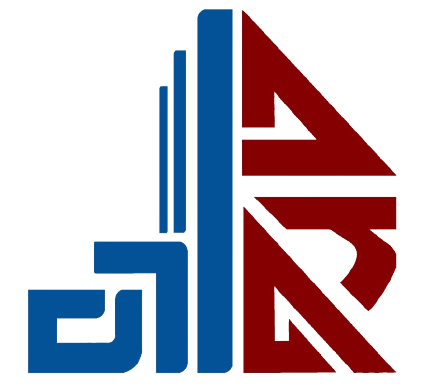Exploring Casino Regulations in Australia: What You Need to Know
Navigating the intricate landscape of casino regulations in Australia requires an understanding of the distinct legal framework set by individual states and territories. As a country recognized for its vibrant gambling culture, Australia implements regulations to ensure responsible gaming, prevent money laundering, and protect the interests of both consumers and the industry. This article aims to demystify the regulatory environment, offering insights into what makes Australian casino operations unique and how these laws impact both operators and players.
The Legal Framework of Australian Casinos
Australia does not have a unified national gambling law; instead, each state and territory governs its own regulations and licensing. This decentralized approach allows regional governments to tailor licenses according to local needs and expectations. The primary legislative framework for gambling falls under the Individual States’ Gambling Acts, impacting how casinos operate within their borders.
In New South Wales, for instance, the Casino Control Act 1992 regulates the operations of land-based casinos, ensuring transparency and integrity within the industry. On the other hand, Victoria’s casino operations are primarily governed by the Casino Control Act 1991. Despite these state-specific nuances, there are fundamental guidelines all casinos must adhere to, such as a commitment to fair play and responsible gambling initiatives.
Licensing and Compliance Requirements
For casino operators, obtaining a license in Australia is a detailed and rigorous process. Each application undergoes a stringent vetting process to ensure the operator’s suitability and adherence to ethical standards. The requirements include, but are not limited to: ricky casino
- Financial viability and stability of the operator.
- Background checks on key personnel and directors.
- Proof of measures for responsible gambling and player protection.
- Detailed operational plans and financial projections.
- Compliance with anti-money laundering laws.
State gaming authorities closely monitor the compliance of licensed operators through regular audits and evaluations, which help maintain the integrity of the Australian casino sector.
Responsible Gambling Initiatives
A Commitment to Player Welfare
Responsible gambling is a cornerstone of Australian casino regulations, reflecting the country’s strong commitment to minimizing the risks associated with gambling. Operators are required to implement self-exclusion programs, where players can voluntarily ban themselves from gambling environments if they believe they have an issue.
Moreover, casinos must provide educational resources and access to counseling services for players seeking help. This emphasis on welfare extends to mandatory staff training programs focusing on detecting and responding to signs of problem gambling.
Operators are also encouraged to set time and money limits for players, enhancing their control over the gaming experience while fostering a safer environment. These initiatives are vital in ensuring that gambling remains a form of entertainment rather than a societal burden.
The Role of Technology in Casino Regulation
Technology plays a pivotal role in the oversight and regulation of Australian casinos. Advanced data analytics and monitoring systems are employed to ensure fair play, detect fraudulent activity, and uphold accountability among operators. The rise of digitalization has also seen an increase in online casinos, which must comply with the Interactive Gambling Act 2001 at the federal level.
This Act prohibits certain types of online gambling, despite minor exceptions, and outlines a framework for permissible online services. With blockchain technology gaining traction, attention is also focused on ensuring these innovations comply with existing laws, ultimately shaping the future regulatory landscape.
Conclusion
Casino regulations in Australia are characterized by a state-centric approach, emphasizing strict compliance and responsible gambling practices. This framework not only protects players but also preserves the credibility and sustainability of the gaming industry. As the landscape evolves with technological advancements, ongoing regulatory innovations will continue to safeguard the balance between entertainment and ethical gaming. Understanding these regulations is key for both operators and players who wish to engage responsibly in Australia’s dynamic casino environment.
FAQs
1. Are online casinos legal in Australia?
Yes, online casinos are legal, but they are strictly regulated under the Interactive Gambling Act 2001, with limitations on various activities.
2. How do Australian casinos handle self-exclusion requests?
Australian casinos offer self-exclusion programs that allow individuals to voluntarily ban themselves from accessing gambling services for a specified period.
3. What responsibilities do operators have concerning money laundering?
Operators must implement robust anti-money laundering measures, including reporting suspicious activities and conducting thorough checks on transactions.
4. How are casino operators in Australia licensed?
Licensing involves a rigorous application process that assesses financial stability, ethical conduct, and adherence to responsible gambling measures by operators.
5. What technologies are used to ensure compliance in casinos?
Casinos use data analytics, monitoring systems, and emerging technologies, such as blockchain, to enhance compliance, fair play, and operational integrity.


